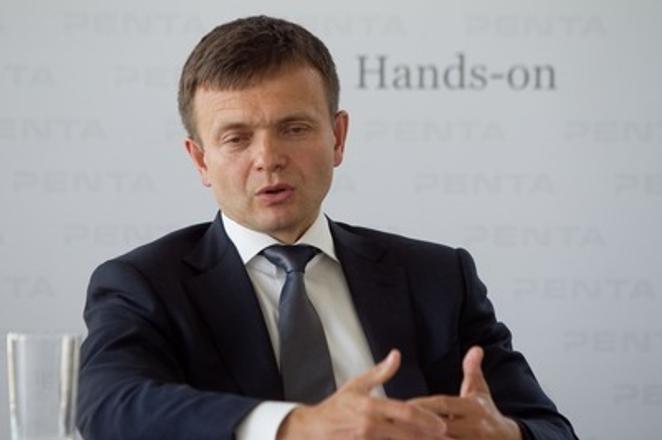SIS informed the Constitutional Court that they were destroyed in April 2008, the Sme daily wrote on January 23. The alleged transcripts of the recordings were then published in the file which was leaked anonymously on the internet in November 2011 and which describes the corrupted practices and influence of the Penta investment group on privatisation and public affairs in the years 2005 and 2006, involving many businessmen but also then politicians.
Penta partner Jaroslav Haščák repeatedly – between 2013 and 2015 - asked the Slovak Constitutional Court to destroy the recordings and ban the use of analyses or reports based on them. Haščák visited the SIS safe flat more times than the two times he had originally admitted, his lawyers wrote to the CC in one of the complaints. He thus argued that by wiretapping the flat, the secret service infringed his right to privacy.
The lawyers required all information from the file to be destroyed, as the Constitutional Court ruled in 2012 that this flat’s wiretapping was unlawful.
Now Haščák admits, through Penta’s spokesman Gabriel Tóth, that his statement for media in 2012 was not accurate as to the number of visits, but they insist that he did not meet public officials there in order to influence the course of privatisation.
After their requests, the constitutional judges checked what happened to the recordings and SIS confirmed, for the first time publicly, that it had destroyed them back in April 2, 2008, as the minutes from the destruction of the “result of wiretapping” imply. “The result” is the wiretapping itself and its literal transcript. Thus, the constitutional judges on October 6 partially refused the request of Haščák and owner of the safe flat, former policeman Zoltán Varga, for the “Gorilla” to be destroyed. They ordered SIS, however, to store the documents which appeared based on the file so that they cannot be accessed by anyone, as they cannot be destroyed due to valid laws, Sme wrote. These “intelligence documents” could be, for example, analytical transcription of the talks, summaries or other intelligence information which SIS elaborated (e.g. for prime minister or president). According to the Gorilla file, at least 14 such documents are leaked on the internet.
The constitutional judges (Rudolf Tkáčik, Jana Baricová and Ľubomír Dobrík) ruled out using the documents officially, for example for investigation. Expert on criminal law Peter Kováč told Sme that this could complicate the investigation, which is led currently by the “Gorilla team” led by special prosecutor Dušan Kováčik. If the wiretapping was used in contradiction to the law, the recording or any other result of the illegal wiretapping cannot be used as evidence or accepted as evidence by any state, or other public office or authority, he added.
Disclaimer: Penta financial group has a 45-percent share in Petit Press, the co-owner of The Slovak Spectator.


 Jaroslav Haščák (source: SME archive)
Jaroslav Haščák (source: SME archive)